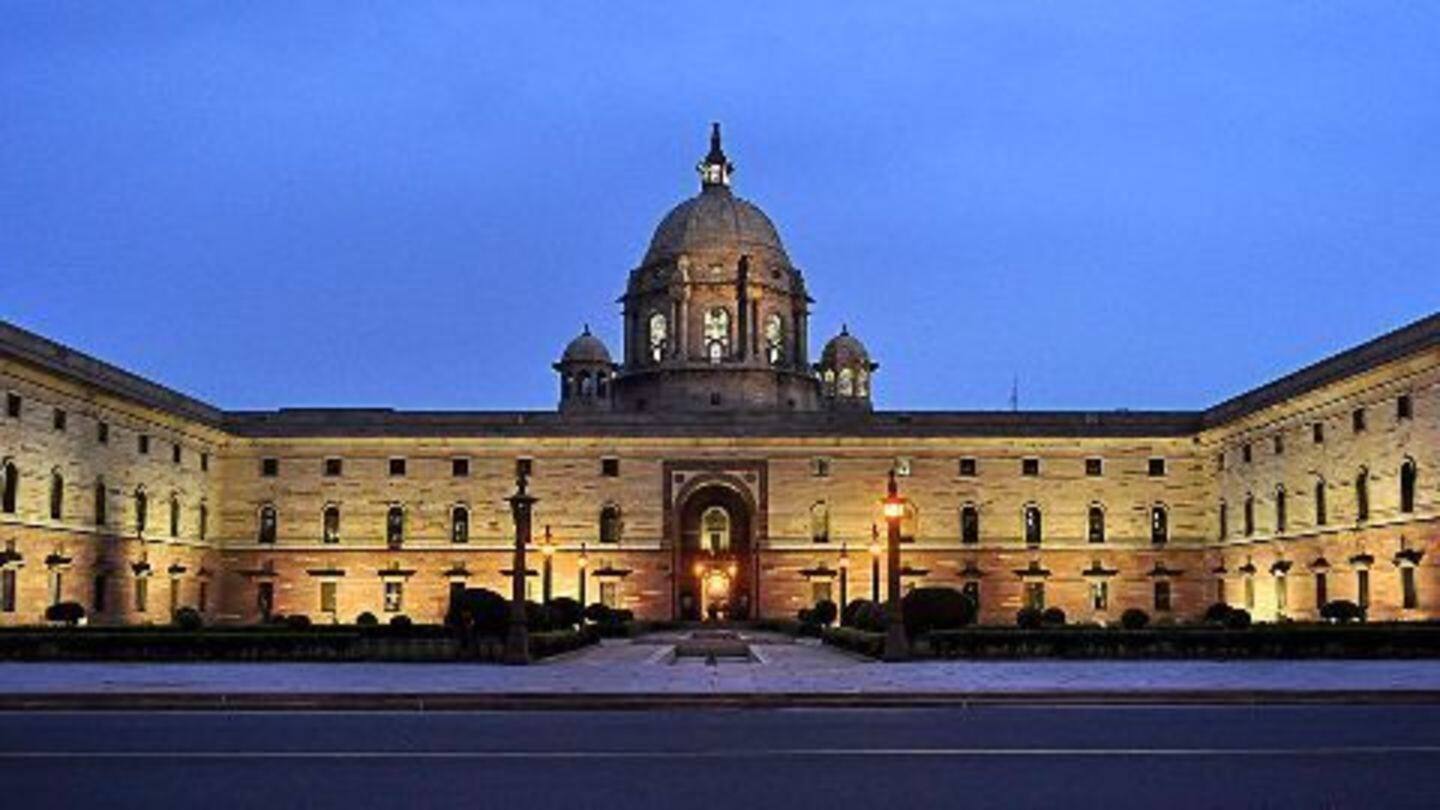
Government plans High Court renaming powers for President
What's the story
A law is being considered by the government to endow the President with powers to rename the courts after consulting the state authorities and concerned chief justices. The Law Ministry had planned to bring a bill to rename high courts on case-by-case basis earlier. The government doesn't have any mechanism to rename a High Court as of now.
Data
Establishment of courts
Bombay, Madras and Calcutta High Courts were established in the year 1862 under the Indian High Courts Act of 1861, which authorized the Queen of England to create High Courts in the Indian colony.
18 Jan 2015
Bill planned to rename Madras, Bombay High Courts
The Department of Justice in the Law Ministry started working on a bill to rename Bombay and Madras high courts. The demands to rename these high courts established under the Indian High Courts act 1861 were made since these metros were renamed in 1990s. Demands were also made to rename the Calcutta High Court to Kolkata High Court.
21 Apr 2015
Shiv Sena demands renaming of Bombay High Court
Government ally Shiv Sena demanded renaming of the Bombay High Court to Mumbai High Court. Sena said that since the city is known as Mumbai, government institutions cannot have old names. Leader of opposition in Maharashtra Assembly Vikhe Patil said that the government was focusing on unimportant issues instead of focusing on issues like farmers suicide.
23 Aug 2015
Colonial law stands in way of renaming
S. Raghavan, a lawyer practising in the High Court, pointed out that a change in the name of the High Court would require an amendment to the Letters Patent, a colonial charter under which the High Courts were established Renaming can be done if Parliament amends the Letters Patent which expressly states that the institution should be called High Court of Judicature at Madras.
Why?
Why not a bill?
The logic shown behind this move is that the government will not have to bring a new bill every time a proposal is approved to rename a high court. The law ministry is looking at the legalities involved in this proposal before the final call can be taken to approach the Union Cabinet with the proposal.